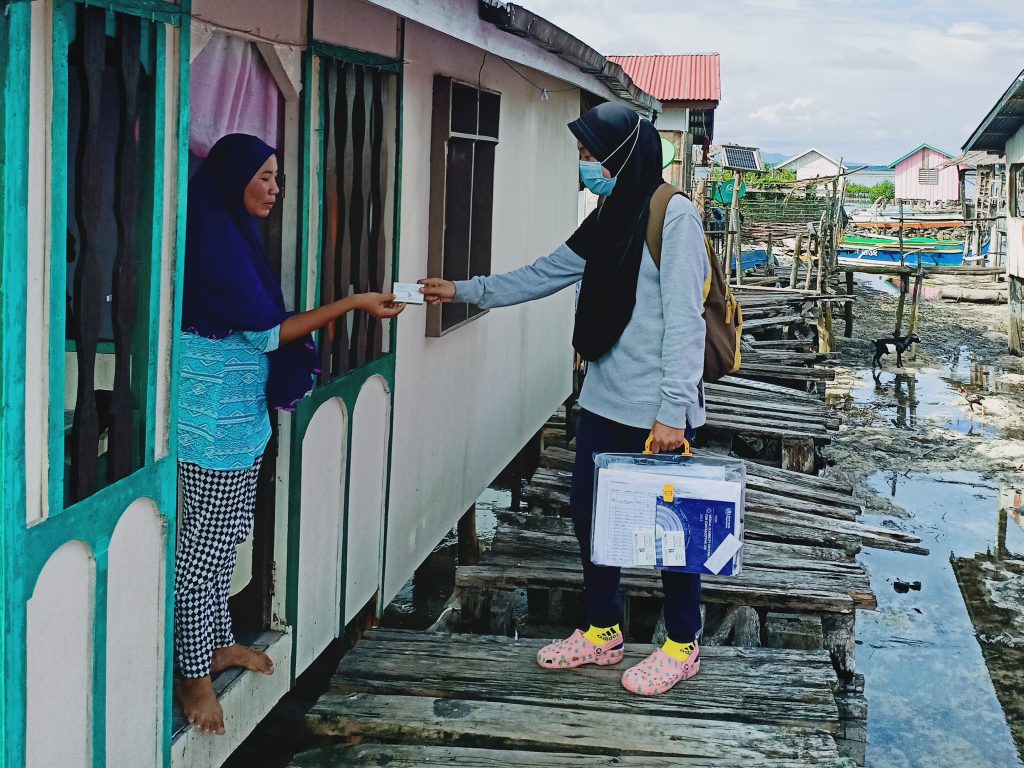
THE PROVINCE of Basilan continues the delivery of family planning services despite the challenges brought about by the COVID-19 pandemic, resulting in uninterrupted services for the province’s most vulnerable populations.
With support from the United States Agency for International Development (USAID) and its implementing partner, the University Research Co., LLC. (URC), the province has been able to maximize its community COVID-19 surveillance activities by integrating the delivery of family planning services. Since May 2020, the province has mobilized its Barangay Health Emergency Response Teams for its family planning information campaigns as well as the provision of family planning services to both new and current family planning users.
“Before the pandemic, USAID and URC already trained more than 160 of our health care providers—doctors, midwives, and nurses—on Family Planning Competency-Based Training (Levels 1 and 2) and Quality Improvement,” said Basilan Provincial Health Office Officer-in-Charge Harrybert Hadjala.
USAID and URC also trained 100 of the province’s Barangay Health Workers on interpersonal communication, making them more effective in educating their clients on voluntary family planning so that they may make informed decisions on their health needs.
“All the training provided by USAID and URC allowed us to become more prepared for the delivery of essential health services, including family planning and maternal and child health services, in the time of the COVID-19 pandemic,” said Hadjala.
Among the popular modern family planning methods used by couples in Basilan are contraceptive pills, injectables, progestin sub-dermal implant, lactational amenorrhea method (exclusive breastfeeding), and intrauterine devices (IUD). The province has more than 9,000 current users and over 500 new acceptors of modern family planning methods as of June 2020.
Hadjala encourages couples to avail themselves of family planning services during the pandemic. “COVID-19 brings a lot of uncertainties, especially for our pregnant mothers and newborn babies,” he said. Hadjala added that with the help of modern family planning methods, couples need not worry about the delicate management of pregnancy, delivery, and breastfeeding during the pandemic.
USAID and URC provide the provincial health office of Basilan with technical assistance to strengthen health services and systems, focusing on voluntary family planning, maternal and child health, and adolescent and reproductive health. The technical assistance enables the province to become more resilient in the delivery of essential health services.

